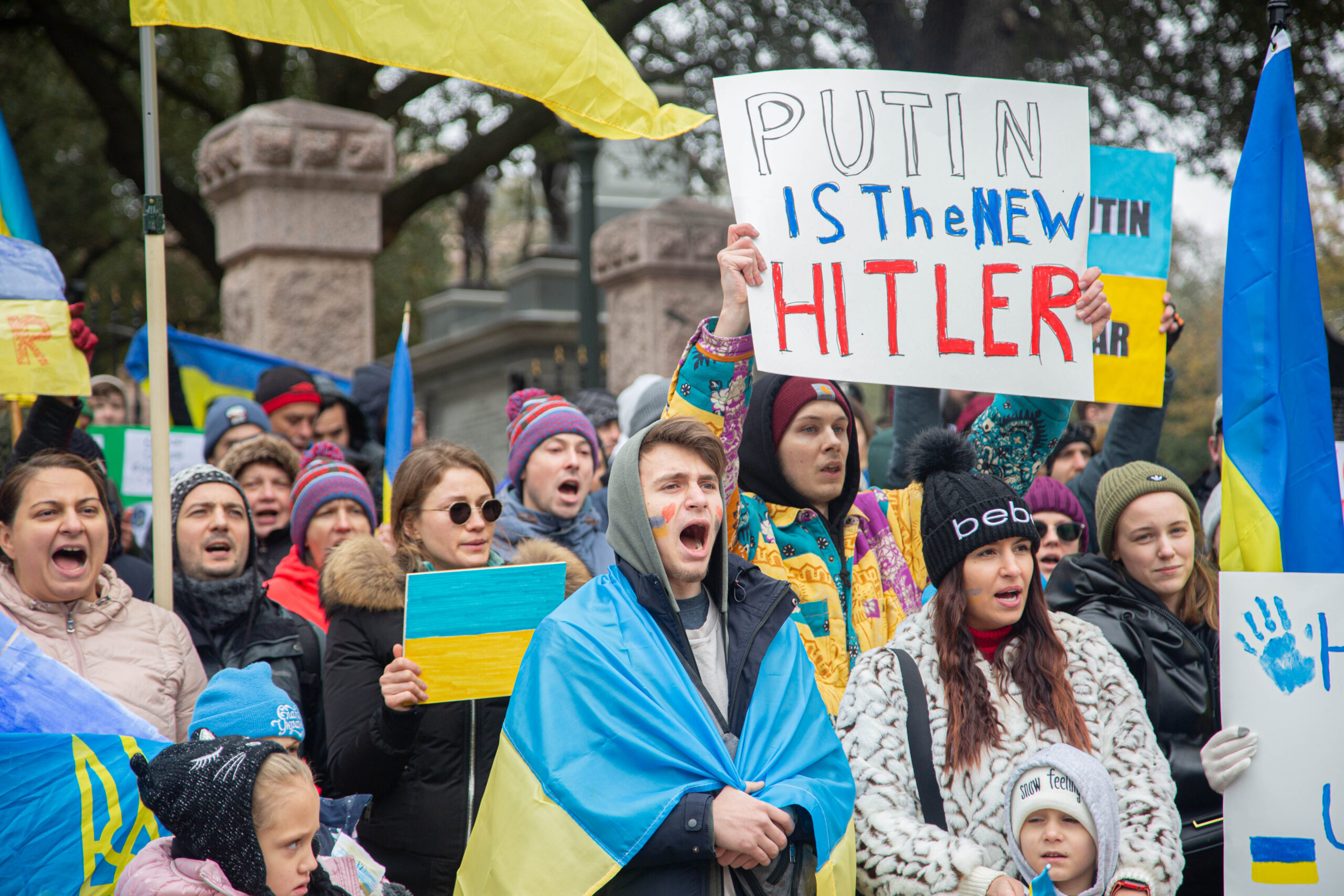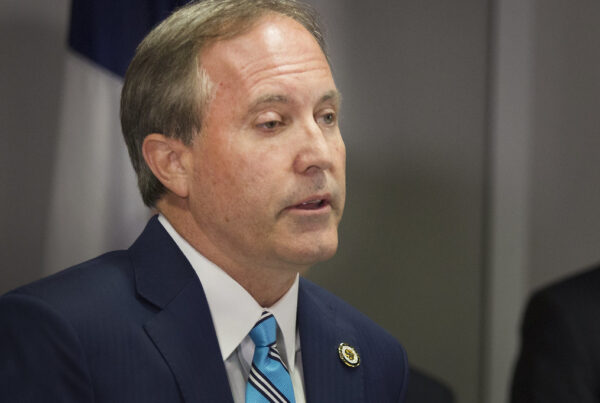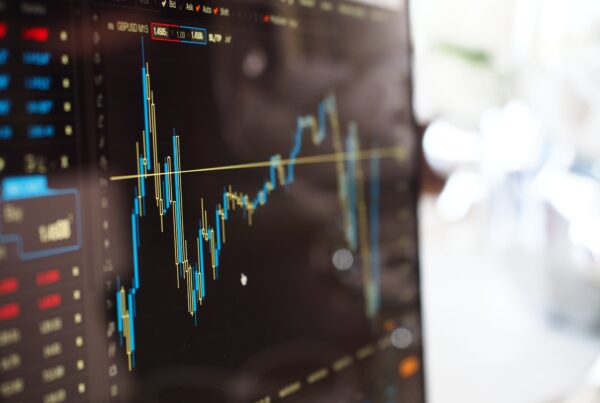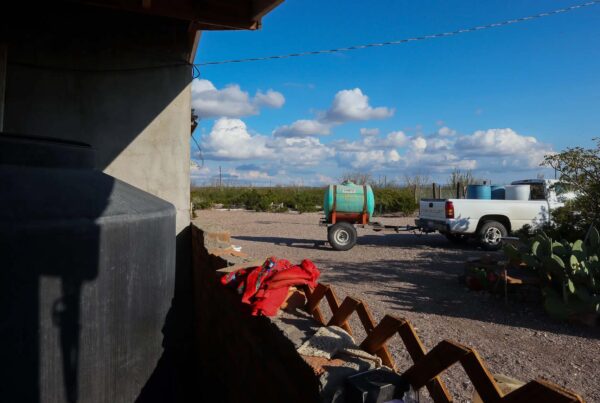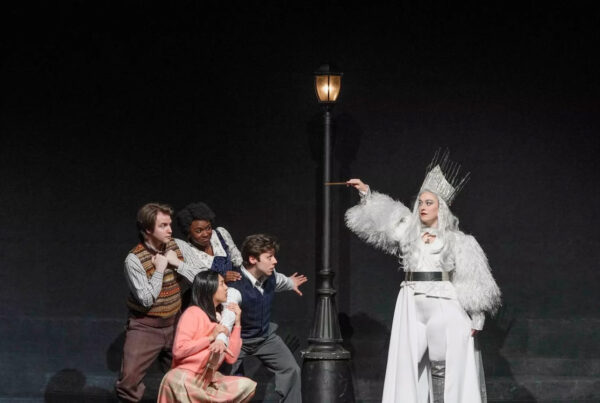President Biden made a surprise visit to Ukraine’s capital of Kiev today, in a show of solidarity as Russia’s war with Ukraine reaches the one year mark. U.S. officials also adopted a supportive stance at the Munich Security Conference on Saturday.
Speaking at the conference, Vice President Kamala Harris said the U.S. has determined that Russia committed crimes against humanity in Ukraine. Secretary of State Antony Blinken also called for the Kremlin to be held accountable for attacks against Ukrainian civilians.
To learn more about these accusations and what they mean for the ongoing conflict, the Standard was joined by Geoffrey Corn, George R. Killam Jr. Chair of Criminal Law and director of the Center for Military Law and Policy at Texas Tech School of Law. Listen to the story above or read the transcript below.
This transcript has been edited lightly for clarity:
Texas Standard: Before we get to the diplomatic and strategic significance of these charges, what are crimes against humanity as opposed to war crimes?
Geoffrey Corn: The most significant differences are that crimes against humanity involve a widespread and systematic series of attacks of a violent nature on the civilian population. They grew out of the the war crimes tribunals at the end of World War I as crimes that were complementary to the crime of genocide.
Genocide, as most people know, was the crime of trying to destroy an entire ethnic or religious group. As we know, the Nazis were involved in destroying groups based on political agendas, like communists or socialists, or even going after people with disabilities or homosexuals. Those categories didn’t fit neatly into this new notion of genocide.
So, the idea was that when you have perpetrators who are involved in a widespread plan to destroy a group of civilians that’s not necessarily motivated by race or religion, there’s a complementary crime — a crime against humanity.
Whereas war crimes would be among or between combatants?
Not necessarily. The underlying crimes could also be war crimes. But the difference is that a war crime oftentimes is alleged as an individual act or a small group of crimes. Crimes against humanity have a different level of gravitas because, again, of the widespread nature. So, if you commit a widespread plot of war crimes against the civilian population, then that also rises to the level of crimes against humanity.
What are the implications of the U.S. leveling these accusations against Russia in a public forum like the Munich Conference?
I think there’s no huge shock here. The world has been watching what the Russians have been doing under the leadership of Vladimir Putin and his generals. But there is a naming and shaming component to this. For the United States to come out publicly and condemn another major power of being engaged in this type of international criminal activity, that has significance.
Does it mean that the United States is suddenly going to charge these individuals with crimes against humanity? That’s a much more complicated issue, because of jurisdictional challenges.
But the United States has been behind the scenes extremely supportive of the efforts of the prosecutor at the International Criminal Court to investigate and, ideally, ultimately indict and, if they get physical jurisdiction over some of these people in the future, actually prosecute them for crimes against humanity, which is within the jurisdiction of the court. I think it also greenlights the Ukrainian prosecutors for bringing charges under their own criminal law for crimes against humanity.
If you’re Vladimir Putin and you don’t acknowledge the authority of any of these prosecutors or tribunals, can’t you just stay in Moscow and ignore these claims?
Of course. Again, this doesn’t guarantee that any individual actually is subject to accountability. But what it does is it adds to the mountain of illegitimacy that characterizes Putin and his cronies for what they’re doing to the people of Ukraine.
The other thing is, as we know from the past, there’s no guarantee that Putin’s going to have a sympathetic and supportive entourage around him forever. There’s no statute of limitations for the International Criminal Court, if at some point down the road there’s a regime change in Russia.
This could be significant for Putin and for his high level circle, for actual individual accountability. Just look at someone like Slobodan Milošević, who was confident that he would never be held accountable and found himself in the dock in The Hague at the international tribunal for the former Yugoslavia.


